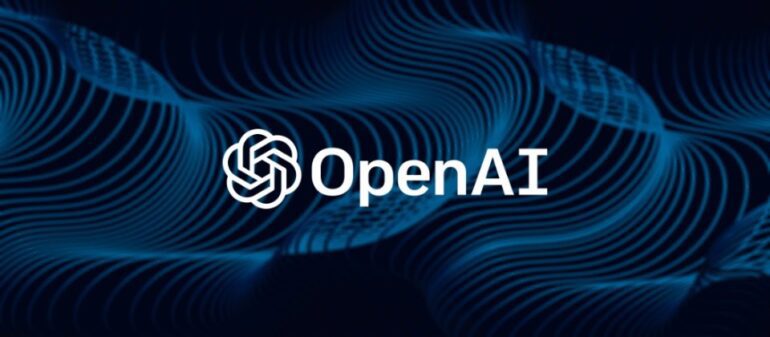TL;DR:
- OpenAI establishes a Collective Alignment team to gather public input on its AI models.
- The team comprises researchers and engineers from diverse backgrounds.
- OpenAI’s goal is to align AI models with human values through this initiative.
- The company emphasizes transparency by sharing grant recipients’ work.
- OpenAI faces scrutiny and regulatory challenges, but actively engages with them.
- Efforts to prevent misuse of AI in elections and enhance AI-generated image visibility.
- The initiative underscores OpenAI’s commitment to responsible AI development.
Main AI News:
In a strategic move to align its AI models with the values of humanity, OpenAI has unveiled plans to harness the collective wisdom of the public. The pioneering AI startup is set to establish a dedicated Collective Alignment team comprising skilled researchers and engineers. This team’s mission is to create a comprehensive framework for collecting and encoding public input, which will directly influence the behavior of OpenAI’s AI models and products. This significant development was officially announced by the company recently.
OpenAI’s vision is to ensure that its AI models remain in harmony with human values, and they are taking concrete steps to make this vision a reality. As stated in a recent blog post by OpenAI, the company is committed to collaborating with external advisors and granting teams. This collaboration will encompass pilot programs aimed at incorporating prototypes into the decision-making processes governing OpenAI’s AI models. The organization is actively seeking research engineers from diverse technical backgrounds to join forces in realizing this groundbreaking initiative.
The creation of the Collective Alignment team is a natural progression of OpenAI’s public program initiated in May, which awarded grants for innovative experiments designed to establish a democratic decision-making process for AI system rules. The objective was clear: fund individuals, teams, and organizations to develop proof-of-concepts that could address fundamental questions regarding the regulation and governance of AI.
OpenAI has been diligent in making the results of this program transparent. They have showcased the work of grant recipients, covering a wide spectrum of projects. These endeavors ranged from developing video chat interfaces to building platforms for crowdsourced audits of AI models. Notably, there were also efforts to map beliefs to dimensions that could fine-tune model behavior. All the code used in these projects has been made public, accompanied by concise summaries of each proposal and overarching insights.
It’s worth noting that OpenAI has strived to maintain the program’s integrity by emphasizing its separation from commercial interests. Nevertheless, some critics have questioned this separation, given OpenAI CEO Sam Altman’s previous criticisms of AI regulation in the European Union and other regions. Altman, alongside OpenAI President Greg Brockman and Chief Scientist Ilya Sutskever, has consistently argued that the rapid pace of AI innovation necessitates a collaborative approach, thus advocating for crowdsourcing.
Amid these discussions, OpenAI has faced allegations from rivals, including Meta, accusing it of attempting to establish “regulatory capture of the AI industry” by opposing open AI research and development. OpenAI has refuted these claims and highlighted its commitment to openness, pointing to initiatives like the grant program and the newly established Collective Alignment team as proof of its dedication to transparency and collaboration.
OpenAI’s endeavors have attracted increased attention from policymakers, notably in the U.K., where a probe is underway concerning its relationship with Microsoft, a close partner and investor. To mitigate regulatory risks related to data privacy in the European Union, OpenAI has recently leveraged a Dublin-based subsidiary. This move aims to limit the power of certain privacy watchdogs within the EU to take unilateral actions based on concerns.
In response to growing regulatory concerns, OpenAI has taken proactive measures to prevent its technology from being misused in election-related activities. This includes enhancing the visibility of AI-generated images and developing methods to detect generated content even after image modifications. These efforts underscore OpenAI’s commitment to responsible AI development and its proactive engagement with societal challenges.
Conclusion:
OpenAI’s formation of the Collective Alignment team demonstrates its commitment to responsible AI development and collaborative governance. This initiative reflects the company’s dedication to transparency and aligning AI models with human values, while also addressing regulatory challenges. It signifies OpenAI’s proactive approach to shaping the future of AI collectively with the global community, potentially setting new standards in the AI market for responsible and inclusive development.

